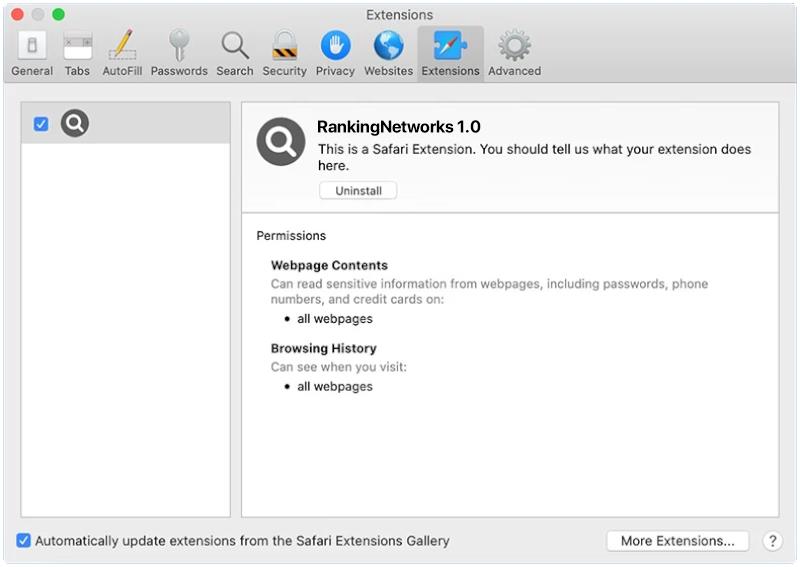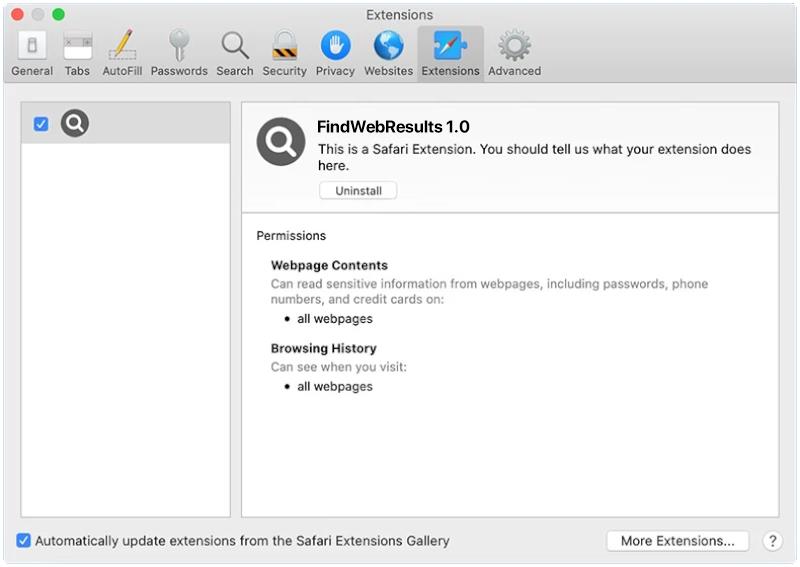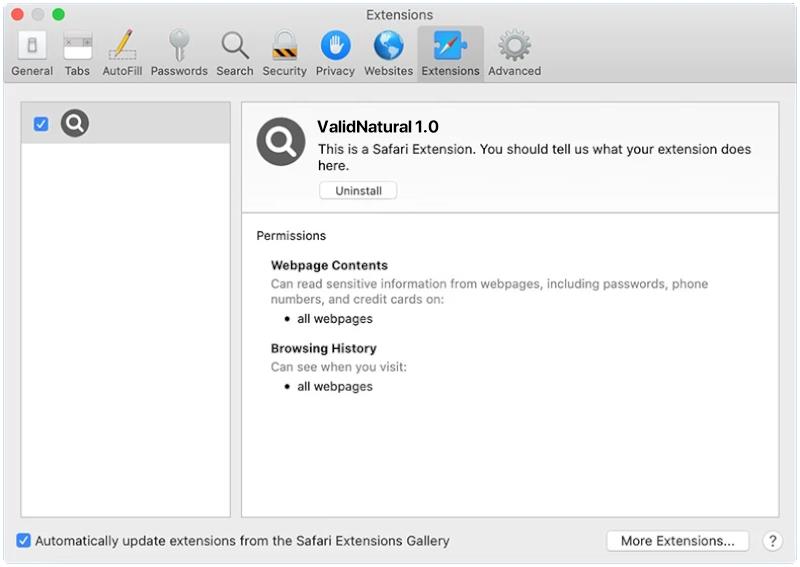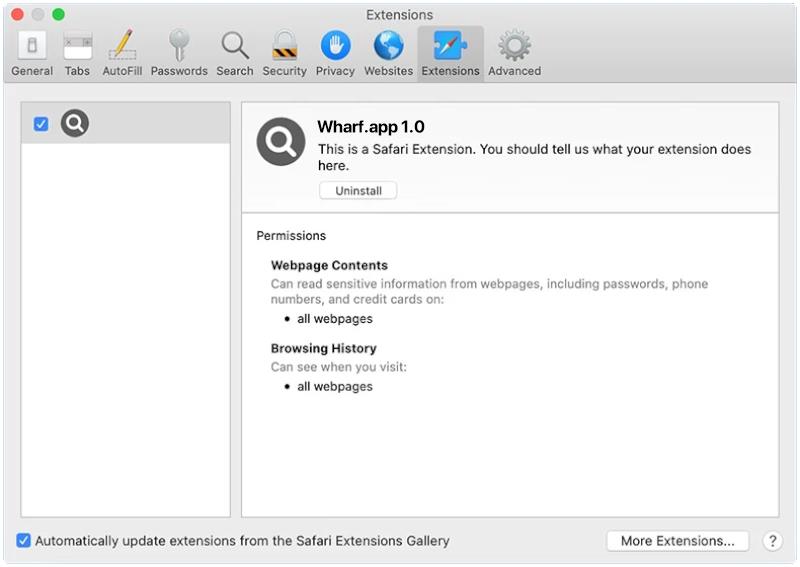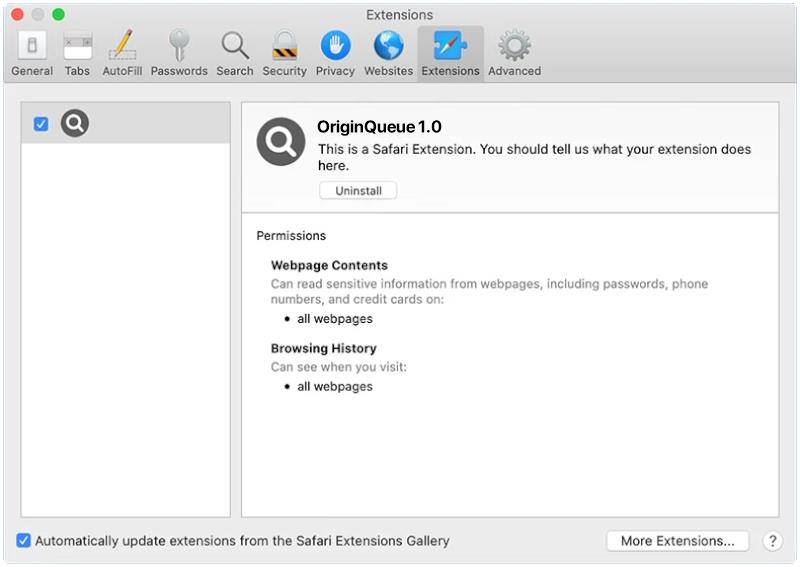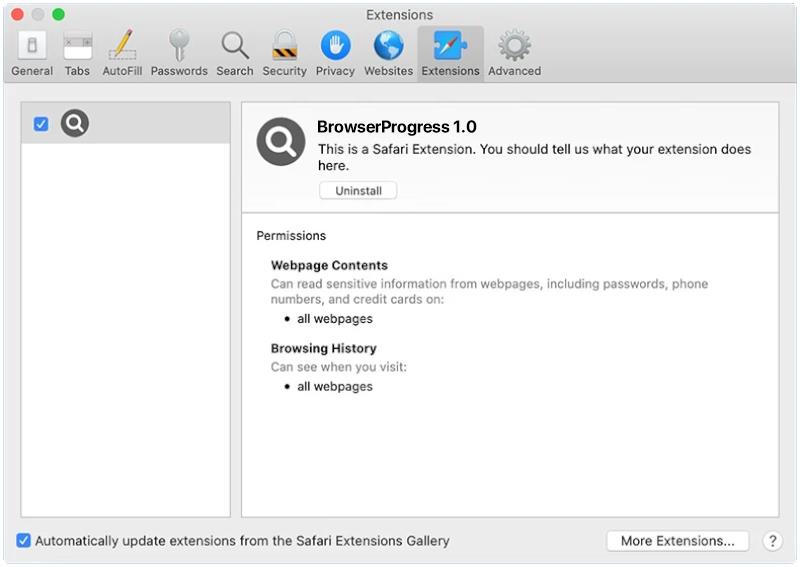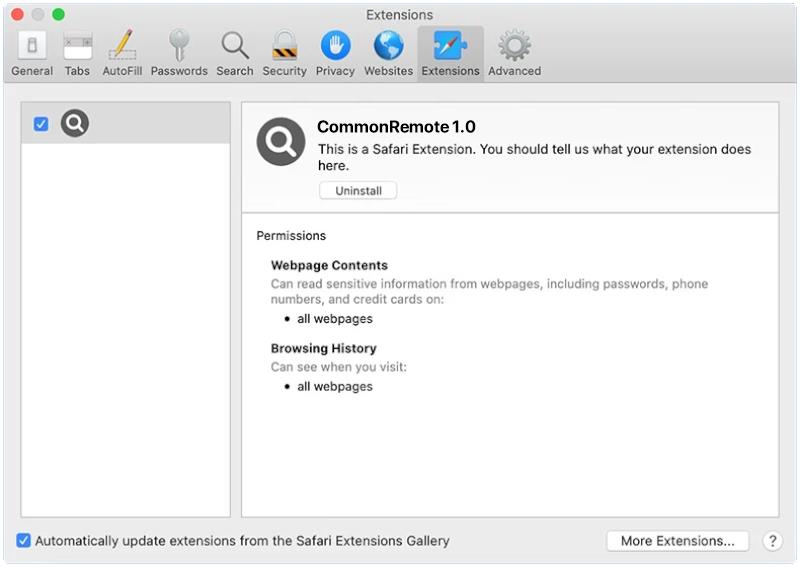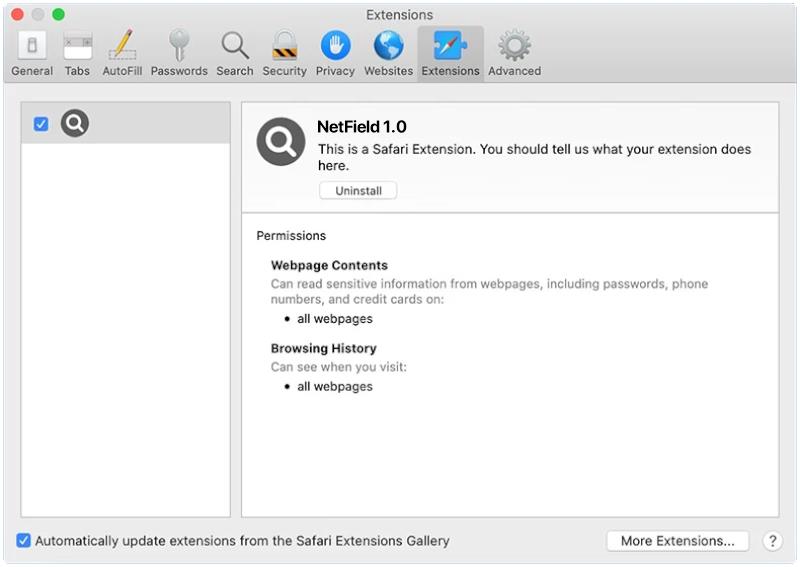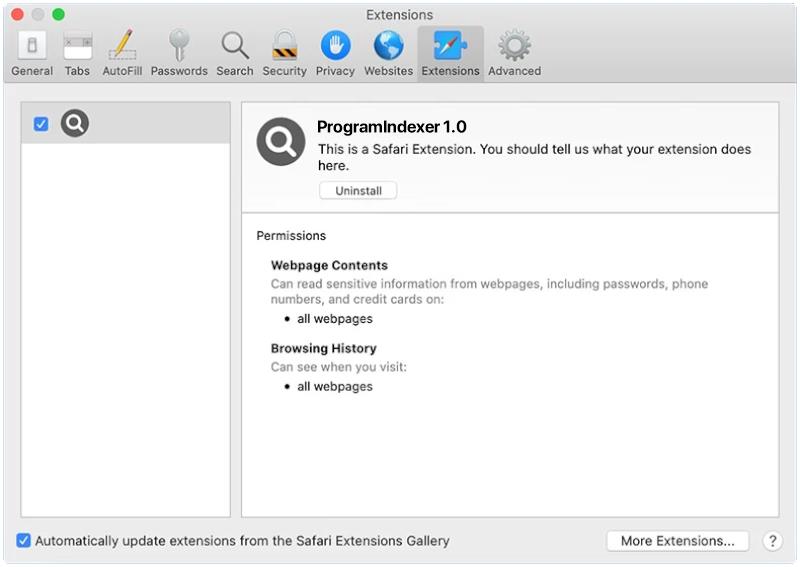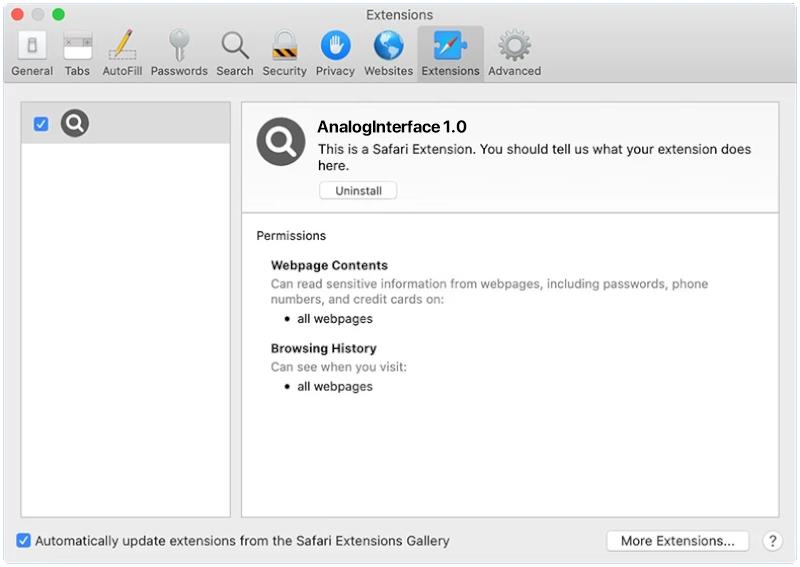RankingNetworks is a type of malware that infects Mac computers by disguising itself as a legitimate application or software update. Once installed on the system, RankingNetworks can track the user’s online activity, collect sensitive information such as login credentials and credit card details, and display intrusive advertisements. This malware can also slow down the computer’s performance and cause other disruptions to the user’s browsing experience.
RankingNetworks typically spreads through malicious email attachments, fake software downloads, or compromised websites. Users may unknowingly download and install the malware onto their Mac computers, thinking it is a legitimate program. To protect against RankingNetworks and other types of malware, users should be cautious when downloading software from unfamiliar sources, avoid clicking on suspicious links or attachments, and regularly update their operating system and security software.

